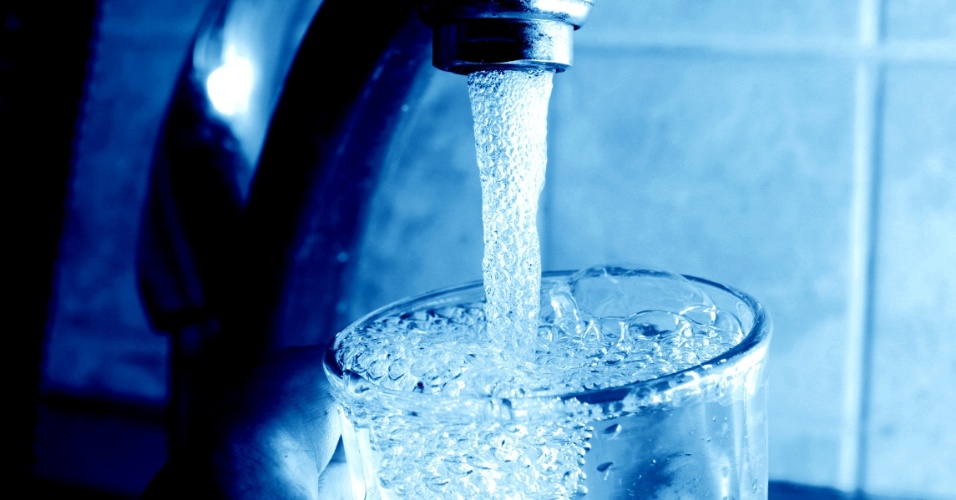The Sustainable Water Platform (PAS) does not agree with the construction of a desalination plant in the Algarve, an infrastructure that, «in addition to all the environmental and social impacts, is not an effective and necessary alternative» and stated its position within the scope of the public consultation process for the seawater desalination plant to be built in the Algarve, which ended on December 19th.
The platform participated in the public consultation with an explanation of the many reasons that lead it to disagree with the project, which starts with the production capacity of this unit.
«The water produced by desalination will be, at most, only 23,6 cubic hectometers (hm3) per year, that is around 29% of domestic consumption» in the Algarve.
However, it is planned that the manufacturing unit will be sized “for an average production of 250 liters per second, that is, only 7,9 hm3/year, 10% of current domestic consumption/year, a reduced production of drinking water for high investment and environmental costs on the Algarve coast».
This production volume – as Zero and Almargem had also warned, in a joint position, also following this public consultation – is much lower than the losses that exist in urban water distribution networks, which are estimated “at around 24 hm3”. In agriculture, the volume of losses is even higher, at “around 47 hm3 year”, which makes the total known loss amount to 71 hm3 year.
In PAS's view, «if the losses were resolved, we would have almost all the water needed by the domestic sector – 80 hm3 per year».
On the other hand, the platform recalls that the construction of a desalination plant was not considered a priority in the region's climate and water adaptation plans, but rather “a medium and long-term measure, requiring study. In official documents, the desalination plant only becomes immediately necessary when funding from the Recovery and Resilience Plan (PRR) appears».
«It is therefore pertinent to question at what point of implementation are all the short-term measures recommended in the Algarve Regional Water Efficiency Plan (PREHA) and in the Algarve Intermunicipal Plan for Adaptation to Climate Change (PIAAC). What short-term measures have been initiated and what is their level of implementation at the current moment? If some of these measures are just beginning, if others have not even been started, and, consequently, cannot yet have results, it is legitimate to question the urgent need for the desalination plant. How can they affirm the need to build a desalination plant?”, they ask.
Solutions to address water scarcity must, says PAS, “pass through adequate planning, making uses compatible with existing resources, covering both surface and underground water resources, and not by simply increasing the supply of water, which it does not prevent or compensate for waste, misuse, systematic losses, which reach very high percentage values compared to total consumption».
Therefore, the focus should be on measures to increase water efficiency in the region, including “reducing losses in water supply systems, through programs to control and combat leaks and renew networks”, as well as the «reduction of waste and excessive water consumption, through more effective inspection, monitoring and payment of consumption».
The “exponential increase in the reuse of treated wastewater for various purposes; collecting rainwater in urban spaces and treating wastewater at a level that guarantees compliance with the quality objectives of the receiving environment (river, aquifer, reservoir, estuary or sea)” and the “promotion of agriculture suited to the conditions edaphoclimatic (climate, relief, temperature, air humidity, type of soil, wind and precipitation), with environmentally friendly agricultural practices», are the renaturalization of the protection strips of rivers and watercourses».
Other measures suggested by the platform are the «re-evaluation of new projects that involve excessive water consumption» and the «involvement of citizens and economic agents in the rational use of water and adaptation to water scarcity scenarios».
«PAS does not agree that PRR funds are used in this project, because, in addition to all the above, it does not ensure compliance with the environmental requirements/objectives of “do no significant harm” (DNSH, such as “sustainable use and protection of water and marine resources”)”, concludes the platform.
In its participation, PAS also addresses the predictable environmental impacts, namely the rejection of brine, but also the risk of land and water pollution.
Another issue highlighted is the “social injustice” that can arise from this entire process, since it is expected that the “water necessary for life (drinking, cooking, hygiene…) is of poorer quality and more expensive than that from dams and aquifers, which is supplied to private agricultural and golf businesses».
The Sustainable Water Platform is made up of several associations and entities, namely A Rocha Portugal, Água é Vida, Al-Bio – Algarve Agroecological Association, Almargem – Association for the Defense of Cultural and Environmental Heritage of the Algarve, CIVIS – Association for the Deepening of Citizenship, the Dunas Livres Association, Ecotopia Ativa – Environmental and Sustainable Development Association, FALA-Fórum do Ambiente do Litoral Alentejano, Faro 1540–Association for the Defense and Promotion of the Environmental and Cultural Heritage of Faro, glocal Faro, LPN-Liga for the Protection of Nature, Probaal-Association for the Barrocal Algarvio, Quercus–National Association for Nature Conservation, REGAR and Regenerarte–Association for the Protection and Regeneration of Ecosystems.


















Comments